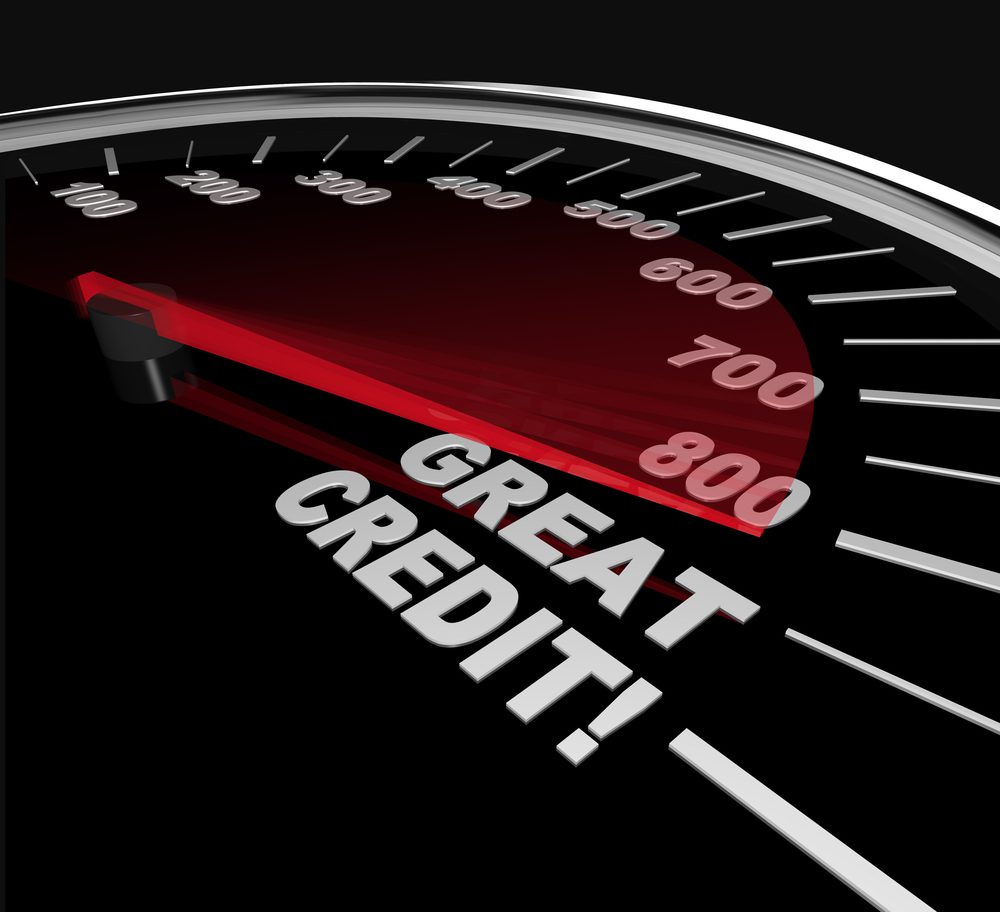What are Credit Scores?
Your credit score is an indicator of your creditworthiness. This three-digit number, which usually ranges from 300 to 850, is nothing but a numerical expression of your creditworthiness. The three credit reporting bureaus (i.e. Equifax, Experian and Trans Union) calculate this score based on various details mentioned in your credit report. Some of these details include:
- The type of credit accounts you have
- The number of credit accounts you have
- The amount of available credit you have
- Your payment history and,
- The length of your credit history
The credit bureaus assign a weight to each of these factors. Then, by assigning a numerical value to the above-mentioned criteria, they compute your credit score.
Why Are Credit Scores So Important?
As mentioned earlier, your credit history and your credit score are two significant indicators of your financial life. Nowadays, it is not easy to live without credit of one kind or another. When you use credit, you borrow money and commit to repaying it within a specific timeframe. Your credit history documents all your lines of credit and your payment history.
In today’s digital age, lenders can access your credit history very easily. This enables them to determine whether to give you credit or not. If they do give you credit, your credit history helps them determine the terms on which to give you credit. Therefore, when you purchase an insurance policy, the insurance company would base the premium you pay on your credit score. Similarly, the interest rate you pay for your loan essentially boils down to your credit score.
Ten Ways to Boost Your Credit Score
If your credit score is already above average or excellent, it’s a sign that you’re financially responsible. All you need to do is to maintain your credit score. However, if your credit score is below average, you would need to rectify the situation. Usually, poor financial decisions like late or missed payments contribute to a negative impact on credit scores. Here are 10 ways for you to begin rebuilding your credit.
- Keep Your Credit Card Balances Low: Your credit card balances contribute toward your credit score. Therefore, ensure that you keep these as low as possible. Instead of paying the minimum balance only, consider paying the outstanding balance entirely. Ideally, you should avoid consuming more than 35 – 40 percent of your credit limit.
- Pay Your Bills On Time: As mentioned earlier, late and missed payments have a negative effect on your credit history and score. Therefore, when it comes to repaying loans and credit cards, avoid making late or no payments. For credit cards, even if you cannot pay the entire outstanding amount, ensure that you pay the minimum amounts at least. Under no circumstances, should you skip payments for several months. Remember, your delayed or missed payments would show up on your credit history for the next seven years. Regretting your actions later would not help in remedying the situation.
- Never Apply for Credit Unless You Need It: Consumers often walk into a store and find friendly individuals persuading them to apply for a store credit card. They listen to the advantages of possessing these cards, without bothering to check the terms and conditions. Applying for – and obtaining – several new credit cards in a short span of time would have a negative effect on your credit score. Therefore, stick to one card only.
- Avoid Making Excessive Inquiries: Each time you apply for a new line of credit, the prospective creditor checks your credit score from one or more credit bureaus. Each inquiry remains on your credit report for two years. However, each inquiry would affect your credit score negatively for a period of one year. When you’re shopping for a mortgage or a car loan, multiple inquiries within the same timeframe is normal. In this situation, the credit bureaus count the multiple inquiries as a single inquiry. Therefore, avoid scattering your applications for new lines of credit over a large period.
- Check Your Credit Reports Regularly: Assuming that the credit bureaus have compiled your credit report without errors, could be a costly mistake. On the one hand, you could be missing the opportunity to remove any factual inaccuracies from your credit history. This could boost your credit score significantly. At the same time, if you’re approaching delinquency on an account, studying your credit report could help you identify and remedy the situation. You could even add missing accounts to your credit report, which could enhance your credit score. Typically, these could include your utility bills, telephone bills, cable and internet bills etc.
- Avoid Closing Unused Accounts: As mentioned earlier, the length of your credit history impacts your credit score. The credit bureaus reward you for having a positive, long-term history with each creditor. This is regardless of whether the account is active or not. Therefore, don’t close old and unused accounts.
- Eliminate the Minor Balances on Your Cards: If you have several credit cards and use them occasionally, perhaps it’s time to rethink. You could often find yourself in a situation where you have a balance of $100 on one card and $50 on another. Having multiple balances to deal with can get confusing and stressful. Therefore, clear the balances on all your cards. Thereafter, stick to one card and avoid using the others. Don’t close those unused card accounts though. Your credit score considers the number of cards that have outstanding balances. By reducing this count, you boost your credit score.
- Don’t Remove Old Debt From Your Report: Some people are so relieved to pay off old debts like their home or car loans that they do everything to remove it from their credit report. They forget that these loans are examples of good debt i.e. debt that they have handled well and paid as agreed. Therefore, do not remove old debts and good accounts from your credit report. Remember that the longer your history of good debt is, the better your credit score will be.
- Increase the Credit Limit on Your Cards: Ask your credit card issuer to raise your credit limit. This would increase the amount of available credit you have. Therefore, by increasing your credit limit, you could benefit from the extra credit. However, ensure that you do not utilize this additional credit. Only then, would you benefit from the increased credit limit.
- Steadily Reduce the Amount of Debt You Owe: Obtain your credit report and make a list of all your accounts. Determine how much you owe on each account and mention the interest rate alongside this amount. Then, formulate a plan that enables you to meet your minimum payments for each account. With the remainder, if possible, start repaying the account with the highest interest rates. The more you repay, the lesser interest you would need to pay. This would be useful money to have. In addition, you could also boost your credit report by highlighting a regular payment record.
Remember that even one of these steps could affect several parameters on your credit report. Therefore, the more steps you can implement, the better your chances are of enhancing your credit score. You can reap the benefits of a better credit score when you get favorable terms and rates the next time you’re looking for credit.
Investment Tip:
Financial education is the basis for almost anyone who is looking to move up the financial ladder and improve their career status and personal knowledge.
The right knowledge in the financial world will also undoubtedly improve your income but, that being said there are many ways to make an extra monthly income.
If you are interested in making your own investments and not relying on someone else's know-how than you need to know the basics of where and how to build a profitable long-term portfolio.
We strongly advise you to learn the basics before investing on your own, you can get the basics by starting with these very informative blog posts and get a clearer view on how to do it right.







